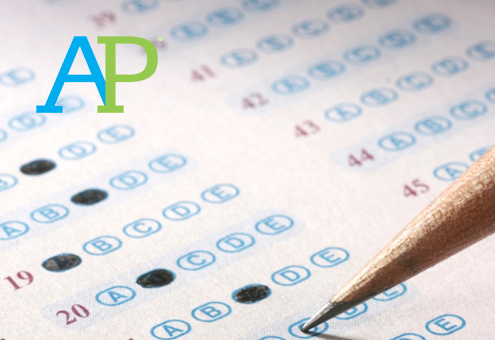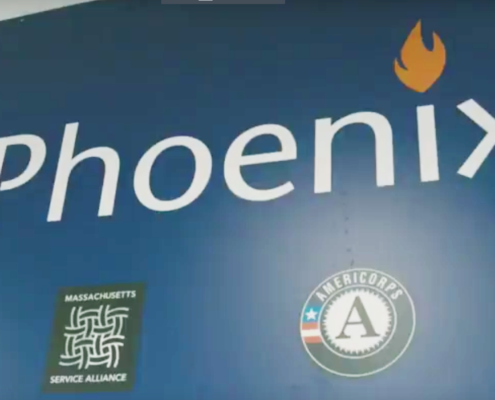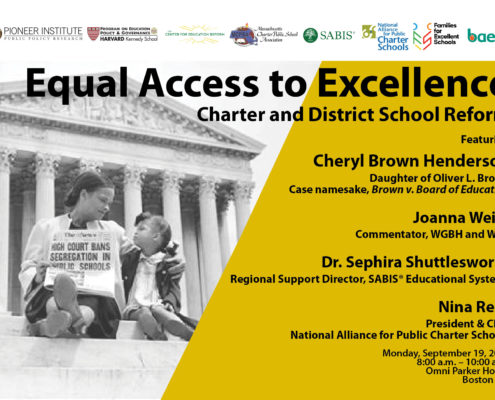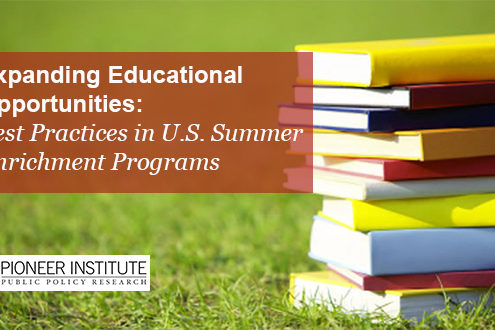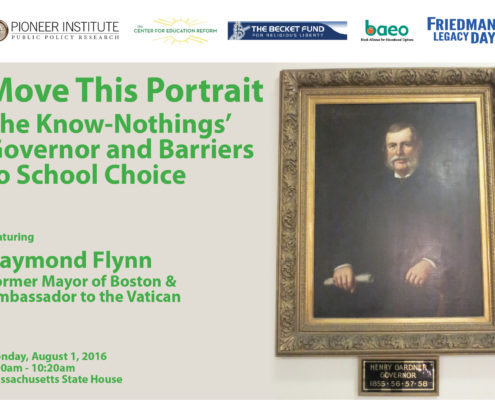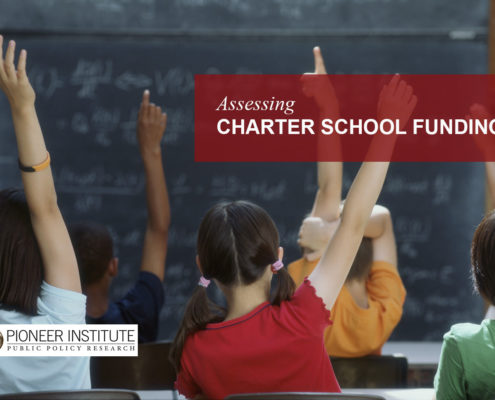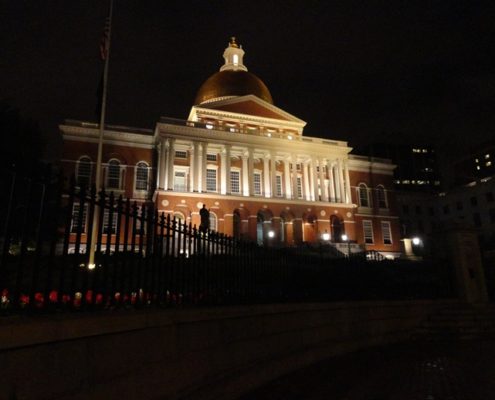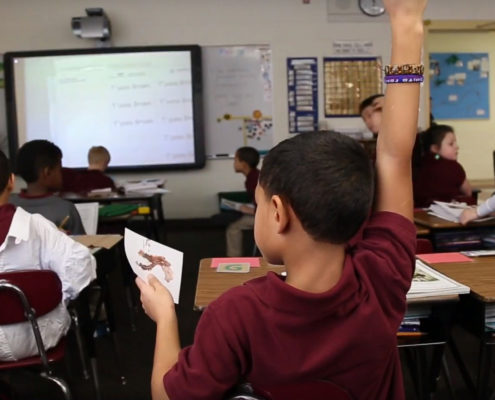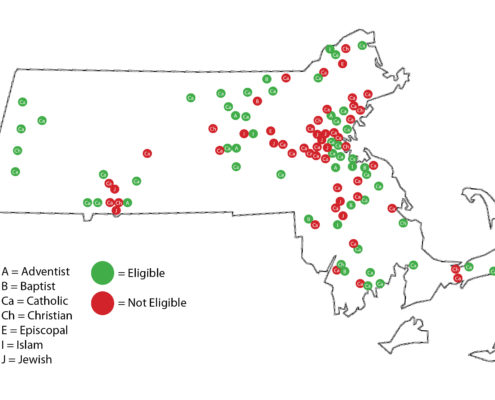Study Explores Potential for Medical Voc-Tech Education in Catholic Schools
Programs could help stem enrollment declines, provide opportunity to disadvantaged students
BOSTON – A new Pioneer Institute study explores whether medical vocational-technical education could be a tool to help area Catholic schools address declining enrollment and also provide economically disadvantaged students with the knowledge and skills that are in high demand among employers.
“Some fear that vocational-technical education would tarnish Catholic schools’ brand as a runway to college,” said Alison L. Fraser, co-author of “The Healing Hand: Modeling Catholic Medical Vocational-Technical Schooling.” “But it could also help stem the tide of declining enrollment while providing needy kids with an express lane to the middle class.”
Recent history demonstrates that college-prep and vocational-technical education can be combined successfully. After the commonwealth’s 1993 Education Reform Act required that voc-tech students pass the same tests to graduate from high school as students enrolled in other schools, an increasing number of voc-tech students have been taking Advanced Placement and honors courses, as well as going on to higher education after graduation.
With Catholic school enrollment continuing to decline, the Archdiocese of Boston has commissioned its own study to explore the demand for and viability of a vocational-technical program within the archdiocese. The study will also include focus groups to determine interest levels for vocational-technical education in Catholic schools.
In the early 1940s, there were 225 parish grammar and high schools in the archdiocese; today there are 124. High school enrollment is down 11 percent since 2002.
Meanwhile, enrollment in the commonwealth’s regional vocational-technical schools is up by more than 10 percent since 2011, and the increase is even higher in health assisting programs.
In addition to the high demand for graduates with skills like health assisting, nursing aids, and EKG technicians, medical vocational-technical education, often called “health services,” carries lower start-up costs than other voc-tech programs.
But it’s still more expensive to provide vocational-technical education than its college-prep counterpart, meaning tuition would only cover a portion of program expenses. The hands-on component means schools need expensive equipment and must also maintain a low student-teacher ratio.
While Catholic vocational-technical programs would not technically have to meet state requirements for public voc-tech schools that regulate things like student-teacher ratios and minimum lab sizes, it would be all but impossible to compete successfully without doing so.
“Catholic schools can reduce the up-front costs of establishing a school by partnering with existing voc-tech schools to use facilities after hours,” said Jamie Gass, director of the Center for School Reform at Pioneer Institute. “Alternatively, they could have their students spend part of the day at a vocational-technical school.”
Catholic schools face a number of financial challenges that aren’t shared by public vocational-technical schools. Catholic school parents don’t receive education tax credits or school vouchers, while archdioceses have rising labor costs due to fewer priests and nuns teaching in the schools.
Philadelphia’s Mercy Career & Technical High School is currently the nation’s only co-ed Catholic voc-tech high school. In addition to tuition and fundraising, the school gets significant revenue from two Pennsylvania programs that provide tax credits to businesses that make contributions toward scholarships. Fraser and Donovan recommend that Massachusetts repeal two “Anti-Aid” amendments to the state Constitution that would likely prohibit similar education tax credit programs here.
About the Authors
Alison L. Fraser is an education policy, research, and strategy consultant and president of Practical Policy. Previously, she was an administrator at Blackstone Valley Tech and director of policy and advocacy at Mass Insight Education, where she directed the Great Schools Campaign and development of No Excuses for Failing Schools and Excellence in Math and Science Goals. An expert in standards-based curriculum, she has coordinated activities and programs for the Coalition for Higher Standards and led research in standards-based reform.
William Donovan is a former staff writer with the Providence Journal, where he wrote about business and government. He has taught business journalism in graduate programs at Boston University and Northeastern University. Donovan earned his undergraduate degree from Boston College and a master’s degree in journalism from American University in Washington, D.C.
About Pioneer
Pioneer Institute is an independent, non-partisan, privately funded research organization that seeks to improve the quality of life in Massachusetts through civic discourse and intellectually rigorous, data-driven public policy solutions based on free market principles, individual liberty and responsibility, and the ideal of effective, limited and accountable government.
Get Updates on Our School Choice Research
Related Content:


